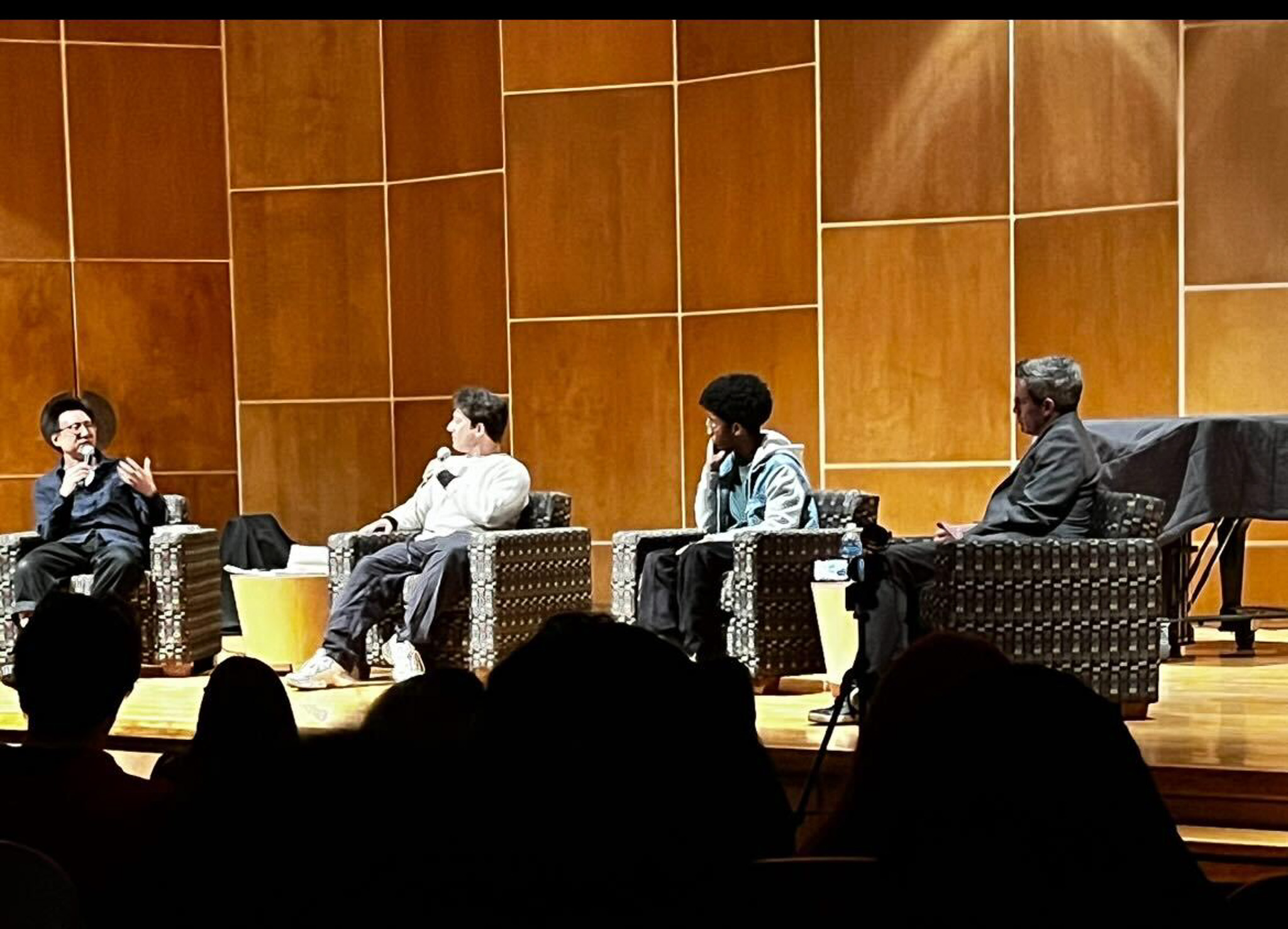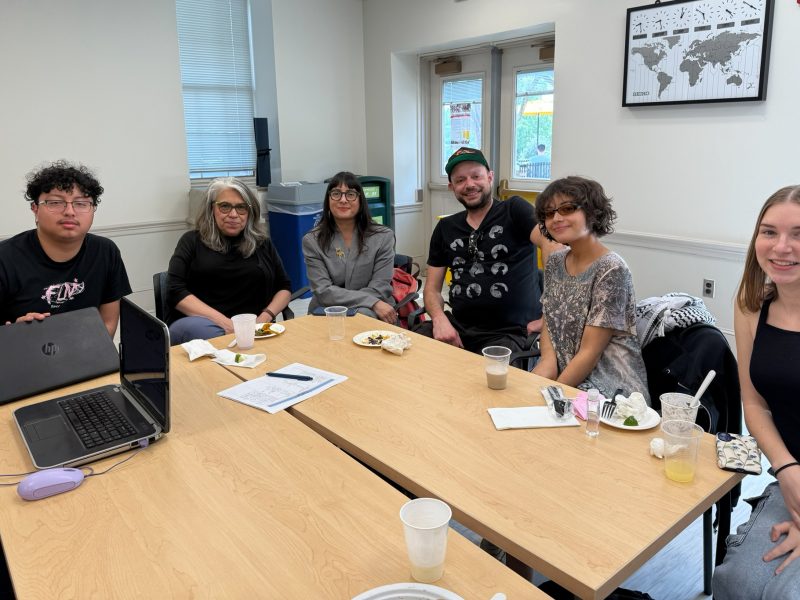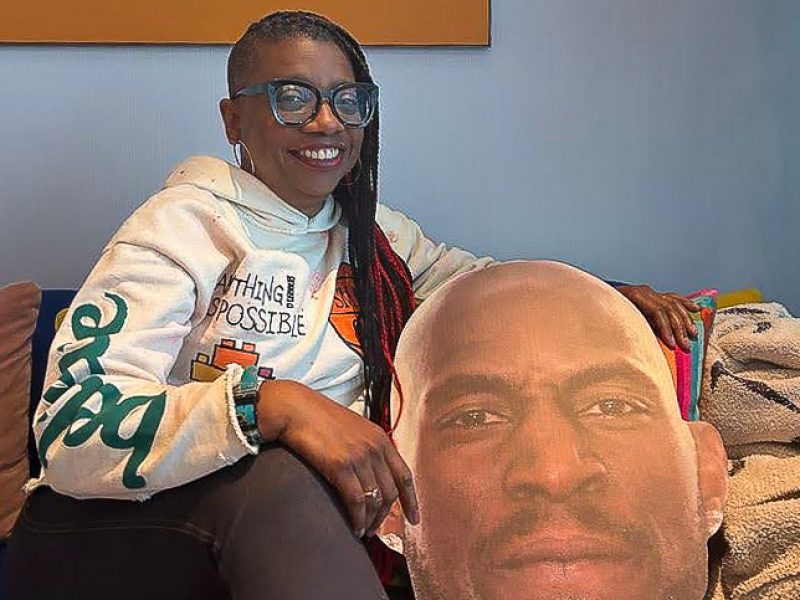The University of Maryland’s honors humanities program hosted a discussion on Thursday with Pulitzer Prize-winning author Hua Hsu on the value of friendships in college.
The talk centered on Hsu’s 2022 Pulitzer prize-winning memoir, Stay True. In the memoir, Hsu described his experience as a college student in the ’90s, including his complicated relationship with his friend Ken, who passed away during their time at college.
Hsu felt jealous of Ken and made assumptions, he said during his presentation. Hsu said he believed it was easier for Ken to assimilate in the United States, given that he was a Japanese-American whose family had been in the country for several generations, whereas Hsu’s parents had recently immigrated from Taiwan.
“These were all total misreadings of him,” Hsu said. “When I was younger, I was actively aware of all the differences between me and someone else.”
Hsu wrote about his friendship with Ken and how it grew during their time at the University of California, Berkeley. Hsu wrote the memoir to remember the fond memories he has with Ken.
After discussing his memoir, Hsu answered questions from attendees.
[New LGBTQ+ book club provides space for queer representation in literature]
Razak Diallo, a freshman cinema and media studies and journalism major who attended the event, said he resonated with Hsu’s message. Diallo asked Hsu how he handles working in predominantly white spaces, such as the media.
While Hsu said he was lucky to be in a group of people with more experience, he said it’s important to be around people who understand and validate experiences.
“It can be very tedious to be in spaces where you have to educate as you’re trying to assert yourself,” Hsu said. “I was very lucky to enter into writing with a cohort of people who had similar experiences as me, similar aspirations.”
The presence of ‘90s culture throughout the memoir is another theme that struck students during the talk.
Freshman public policy major Gavin Neubauer said he enjoyed hearing Hsu’s experience as a young adult in the ‘90s — a time when physical media was more common.
“It’s not to say we still don’t use physical media,” Neubauer said. “But if all our lives are on our phones, then what’s left behind?”
Hsu said the rise of social media allowed people to find others to relate to, but something great about the ‘90s was getting to meet people and talk with them in public randomly.
[‘Call Me Dancer’ showcases the struggles and accomplishments of an aspiring dancer]
People just need more “randomness” in their lives, he added. These potentially meaningful encounters are much more difficult to come by when on social media, Hsu said.
Randy Ontiveros, an associate English professor at this university, said he has always been a fan of Hsu’s work. He wanted students to hear Hsu’s perspective since most of them are the same age he was in the memoir, Ontiveros said.
“I wanted students who were here to hear somebody older than them validating something that they already know, which is that these friendships they’re forming now are so magical and meaningful and will stay with them,” Ontiveros said.



